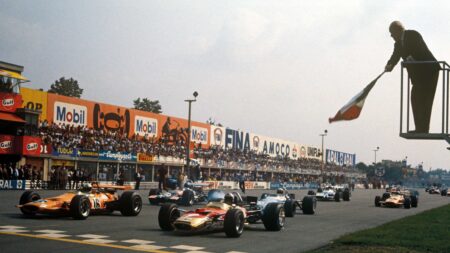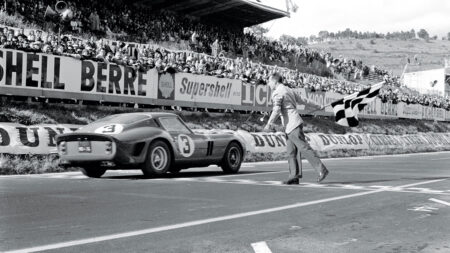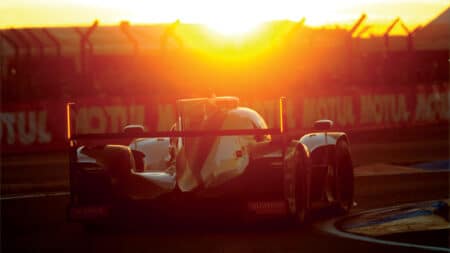It’s time to go back to basics. As good as modern motor racing movies are, the entire genre is inarguably indebted to the efforts of those cinematic trailblazers who broke fresh ground and developed new techniques in order to bring the thrill of high-octane motor racing to cinema audiences for the first time.
Admittedly, some succeeded better than others, and perhaps some of the biggest works of the era weren’t actually the best films, but we’d likely never have been able to enjoy modern classics such as Ford v Ferrari had Steve McQueen not stuck to his guns and battled both his insurance company and commissioning studio in his efforts to make the seminal Le Mans. Likewise, would we ever have seen Hunt vs Lauda recreated in Rush had it not been for John Frankenheimer’s classic Grand Prix, which pioneered new ways to capture the reality of Formula 1 action? Even Paul Newman’s Indy 500-inspired Winning left a legacy greater than the sum of its parts (and undoubtedly greater than its modern-day equivalent, Driven… the less said about that the better).
To know where you are, you have to know where you’ve been. That’s why we’ve dedicated this second instalment of Racing at the Movies to some of the most influential racing films of all time.
These were the projects that set new standards for both cinema-goers and the sport itself. Some may not have been convinced at the time, but history has reflected well on these works.
Once again, we are indebted to Aubrey Day, the former editor-in-chief of Total Film for his movie experiences, plus the Getty Images archive for its rich collection of stills.
We hope you enjoy the second instalment of our journey through the best (and worst) of racing in cinema.



